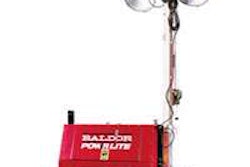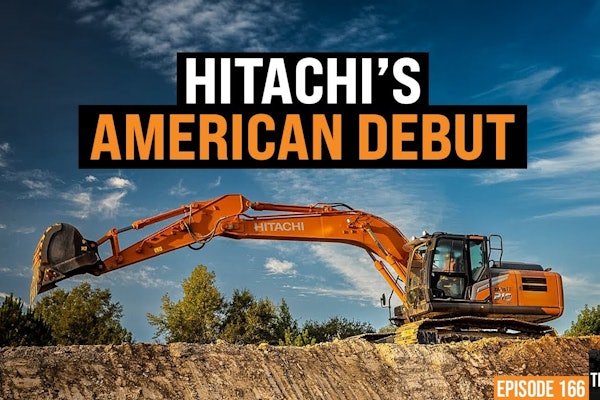It seems like a common sense: The more you know about your customers, the easier it is to serve them in a profitable manner. But this means knowing more than what’s in their construction equipment fleet.
“The focus needs to be on customers and their expectations and needs,” said Greg Kittle, vice president of corporate purchasing for William Charles, Ltd., a contracting company specializing in roads, highways and paving, during the “Contractor Paint Points” Roundtable at the Association of Equipment Distributors Executive Forum on Sept. 11. Better Roads and Equipment World attended the roundtable.
The economic downturn has provided a “stress test” for distributors, Kittle said, and he’s found that distributors either lack the ability to support his company the way to meet its needs or have really stepped up to the plate and assessed how they can work with him as a partner. “It’s been a mixed bag,” Kittle said.
It’s the latter that contractors say has been the most valuable in relationship building with equipment manufacturers and distributors. It’s what’s made them stand out from the transactional-focused manufactures that say, “Thanks for the order. See you at the next one,” pointed out panelist Michael Gibbons, corporate equipment manager for the Walsh Group. “Human capital…trust…is paramount.”
Building this trust is “forcing people out of complacency to really do their job,” Dave Gorski, shop administrator for K-Five Construction, told the contractor roundtable attendees. “It’s forcing people out of complacency to really do their job.” And it has encouraged manufacturers and distributors to step up their technology training to get them over this hump, Gorski pointed out.
This, is turn, has helped contractors increase their efficiency because more technology can be implemented into all of their processes. “I don’t want to see physical paperwork anymore,” Gorksi said. “We have set it up now so our mechanics can order directly from their computer. It helps keep things efficient so we’re not doing things two and three times.”
But when inefficiencies occur at the fault of the manufacturer or distributor, Brad Rosynek, a roundtable panelist and central region procurement manager for Sims Metal Management North America, says it’s critical for the distributor to admit the mistake. “Honesty is so important,” Rosynek said, advising distributors and manufacturers on the most effective way for a supplier to regroup after a gaffe.
“Acknowledge a failure. Be open about it. We all make mistakes. If you put everything on the table, we can all move forward from there.”











